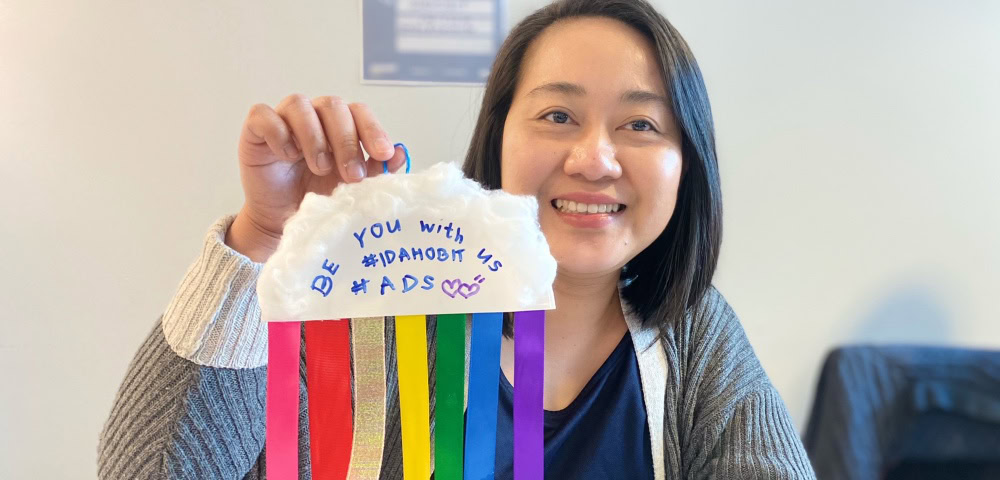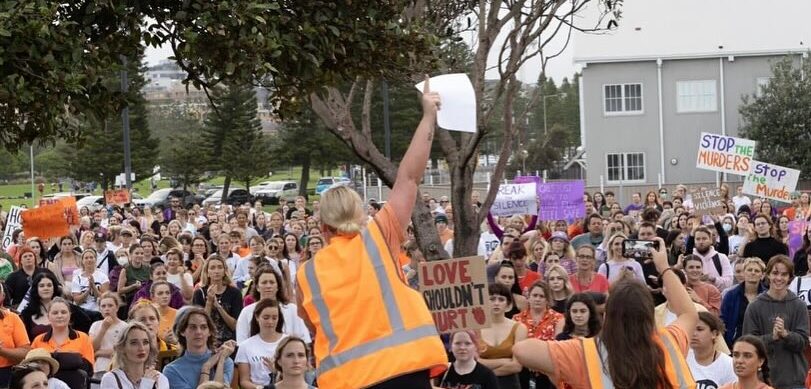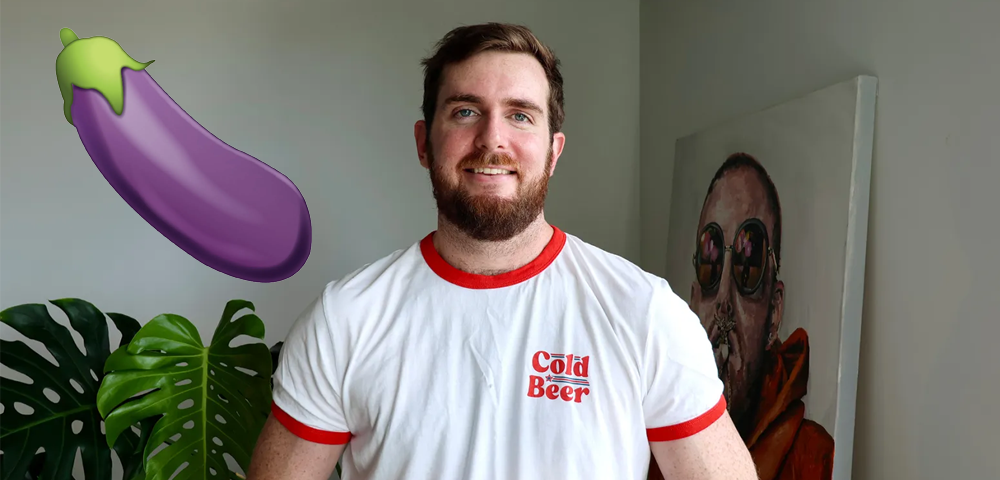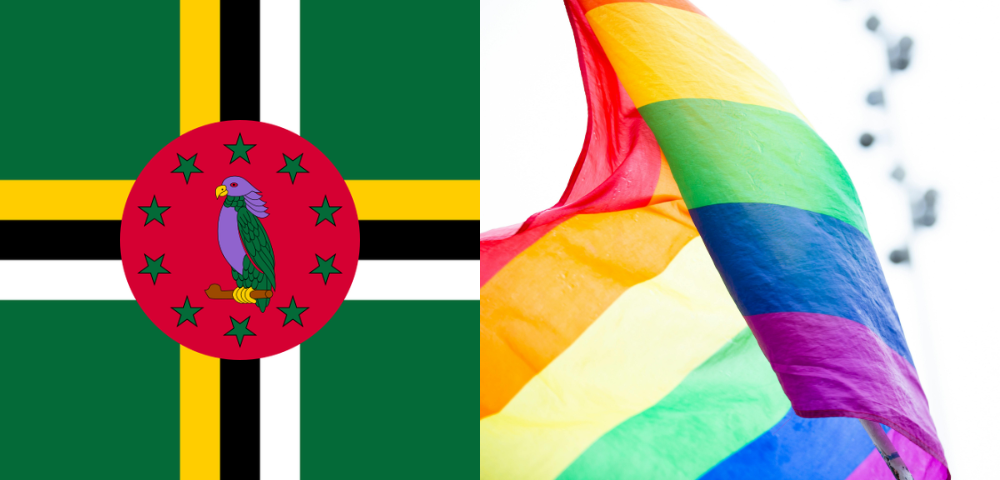
COVID-19 Lockdown & The Impact On LGBT Migrants, Refugees And Asylum Seekers

With Sydney’s current COVID-19 Delta strain lockdown, LGBTQI migrants, refugees, and asylum seekers struggle to access their communities, as organisations lack funding. In an already overlooked sector, members often struggle with displacement in their ethnic communities and find LGBTQI support groups safe.
Many migrants, refugees and asylum seekers are out of work, and COVID disaster payments are inaccessible to those who work in hospitality or casual jobs.
Star Observer spoke with STARTTS, Advance Diversity Services, Forcibly Displaced People Network (FDPN) and ACON to see how LGBTQI migrant, refugee, and asylum seeker organisations support their members in an uncertain time.
Strong Sense Of Community
Bijan, a 37-year-old originally from Iran, found an accepting community at STARTTS. He found the group, which works with asylum seekers and refugees, through a University LGBTQI group. Bijan has refugee status and was granted a protection visa in 2019.
Bijan told Star Observer, “It’s a very strong sense of community because we are from different backgrounds with different sexual orientations and genders. But the thing that connects us is that we are from a refugee background, so we understand each other’s feelings. I cannot go to Iranian community groups; they won’t accept me.”
Jasmina Bajraktarevic, STARTTS Head of Community Development Team, told Star Observer that the organisation provides support groups, counselling, caseworkers, career services and training for LGBTQI refugees and asylum seekers. Group sessions are based on requested topics such as visas, employment, health and relationships to help assimilate. Currently, the support groups are on Zoom and Whatsapp.
Anthony Scerri, Manager of Settlement and Community Services at Advance Diversity Services, says the organisation can only help fund specific clients with specific visas. Many temporary migrants and students have been left in the dark. To help, the team has been reaching out to the local community for free food packages and emergency relief funding.
Funding Is The Main Challenge
“We’ve been providing support through phone check-ins, group emails, Facebook posts and community referrals.”
The main challenge LGBTQI inclusive organisations face is funding, said Renee Dixson, Co-Founder and Acting Chair of FDPN.
“As an LGBTIQ+ refugee-led organisation, the demand for support is big. We need support from the Australian community to be able to help all LGBTIQ+ forcibly displaced people feel that they are home, safe and included,” said Dixson.
FDPN works mostly online as an unfunded NGO, engaging with policy work regarding LGBTQI migrants, refugees and asylum seekers. Renee told Star Observer that those with bridging visas were currently excluded and facing homelessness, meal skipping, racism, homophobia, and transphobia.
LGBTQI refugees and asylum seekers battle with a lack of visibility and support from refugee focused-groups, ethnic focused-groups, and LGBTQI focused groups.
Workshops As A Way To Connect
ACON also holds a range of culturally specific programs; Asian Gay Men’s Project, a[TEST] Mandarin Clinic and Habib Talk are all aimed at migrants for peer interaction covering various topics from health to socialising.
“During the pandemic, ACON hosted a series of workshops called Welcome To Rainbow Sydney. The workshops were a way for newly arrived LGBTQ+ migrants to connect with others in the community while increasing their health literacy in a peer setting,” ACON Community Health Promotion Officer Loc Nguyen told Star Observer.
Rainbow Cultures is an online directory of LGBTQI multicultural groups and services for migrants, refugees, and asylum seekers to use across NSW when the service is not online.
“You need to find a sense of security, friendship and community. All these things are new. You start from scratch and create them yourself. Here I have safety,” said Bijan.
Current support provided to refugees, asylum seekers and migrants to NSW is vast and needed. But, without government funding, organisations are struggling to survive and support those in need.









